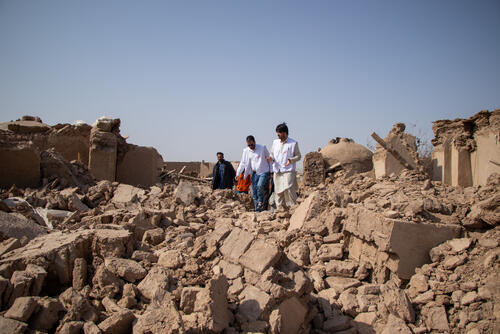Learn about the different contexts and situations in which MSF teams respond to provide care, including war and natural disaster settings, and how and why we adapt our activities to each.
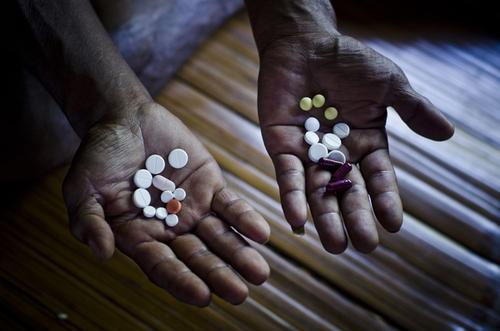
Access to medicines
Unaffordable, unavailable, not adapted - people around the world face these challenges in accessing lifesaving medicines.
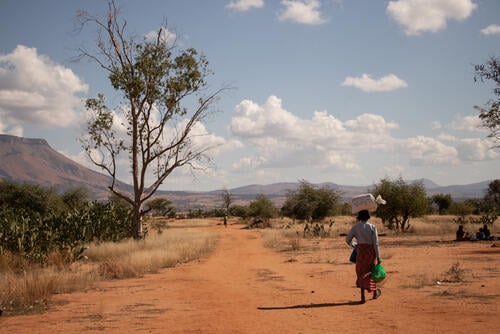
Climate emergency
The health impacts of a changing climate are already a burden for many people in the world, including those MSF teams assist.
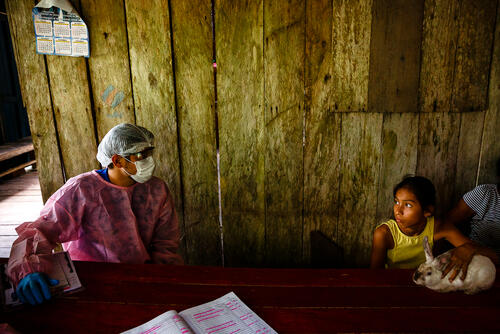
Epidemics and pandemics
Millions of people still die each year from infectious diseases that are preventable or can be treated.
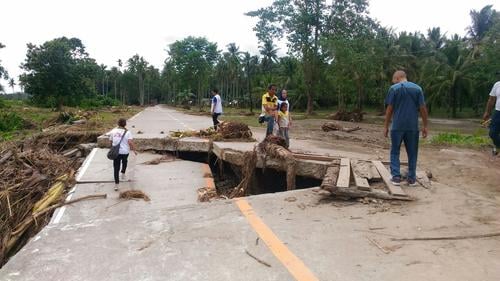
Natural hazards
Within a matter of minutes, natural hazards can affect the lives of tens of thousands of people. Hundreds or even thousands of people can be injured, homes and livelihoods destroyed. Access to clean water, healthcare services and transport can also be disrupted. The impact of each event varies greatly and our response must adapt to each situation.
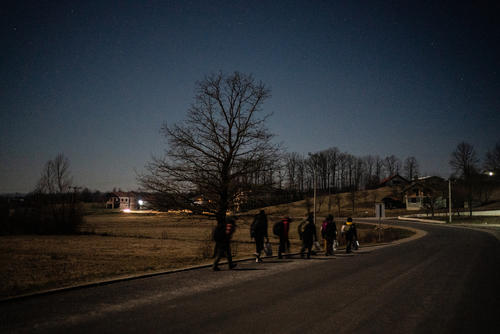
Refugees, IDPs and people on the move
There are many reasons for flight, including war, persecution, conflict, natural disaster, destitution and repression. With health and well-being jeopardised, the lives of the most vulnerable can be at risk.

Social violence and exclusion
Many people are unable to access healthcare simply because of who they are. They may be afraid to seek help, or are excluded because they are forced to live outside of mainstream societal bounds.
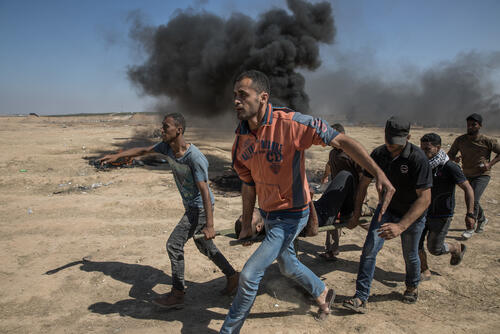
War and conflict
More than one third of our humanitarian and medical assistance is for people affected by armed conflict.

Independent medical humanitarian assistance
We provide medical assistance to people affected by conflict, epidemics, disasters, or exclusion from healthcare. Our teams are made up of tens of thousands of health professionals, logistic and administrative staff - most of them hired locally. Our actions are guided by medical ethics and the principles of independence and impartiality. We are a non-profit, self-governed, member-based organisation.
Learn more



